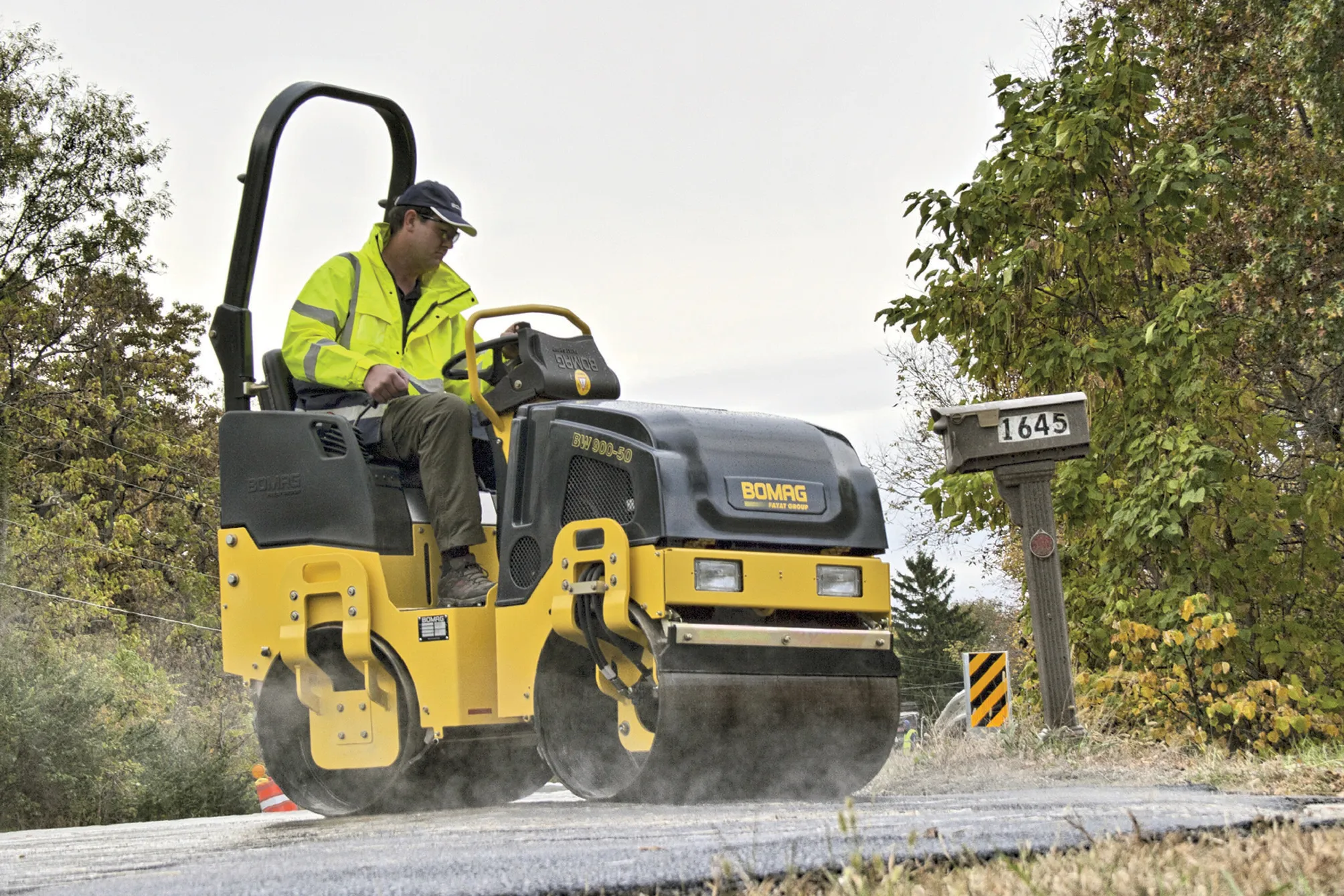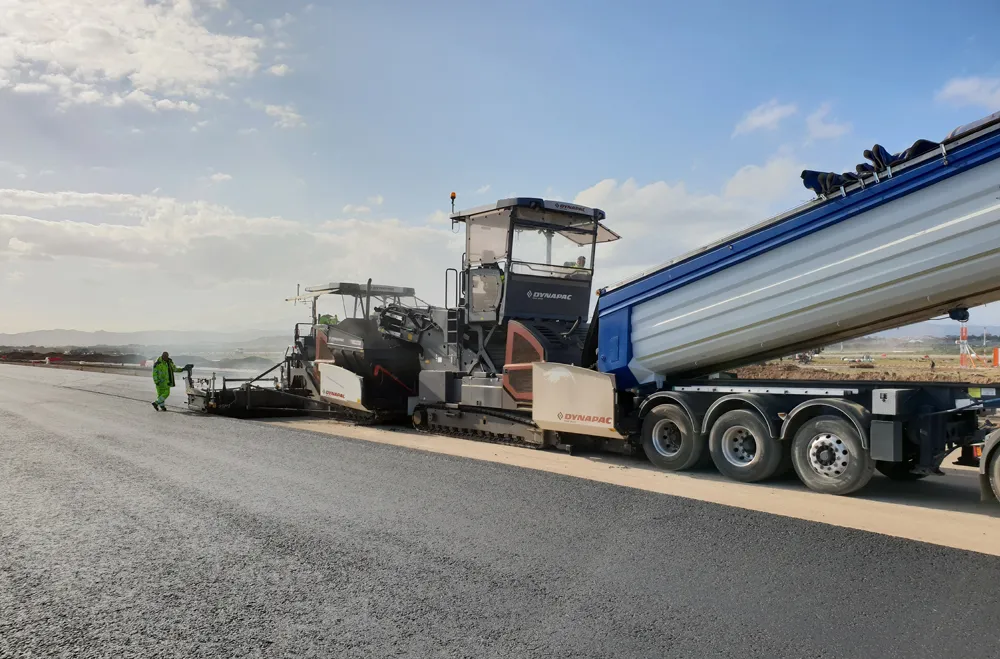SANY Road Machinery has developed its latest asphalt paver to meet the needs of contractors wanting a high output machine. This highway class paver features a throughput of some 900tonnes/hour, sufficient for use in large road construction projects. The screed allows a maximum paving thickness of some 50mm, while maximum paving width using the standard hydraulic screed is 9.5m. Power comes from a diesel delivering 162kW.
January 6, 2017
Read time: 1 min









